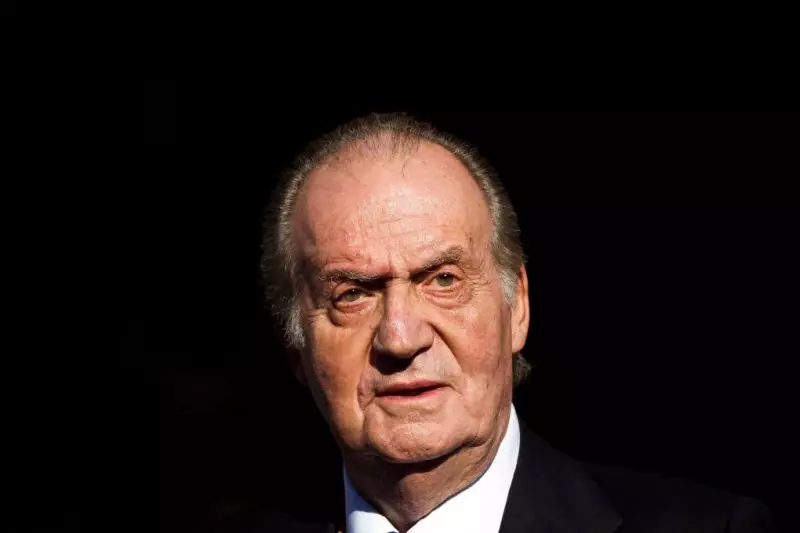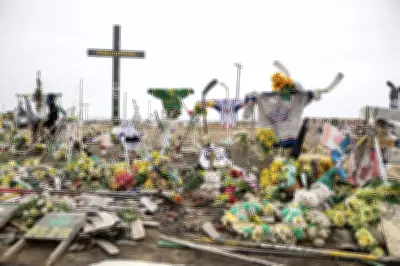
In a remarkable literary unveiling that's sending shockwaves through European royal circles, Spain's former monarch Juan Carlos I has broken his long public silence through a deeply personal memoir that confronts his dramatic fall from grace head-on.
The Royal Exile Breaks His Silence
The 86-year-old former king, who has lived in self-imposed exile in Abu Dhabi since 2020, uses his new book to paint a complex portrait of his reign while acknowledging the controversies that ultimately forced his departure from Spain. The memoir emerges as both a historical document and a personal justification for his actions.
A Reign Remembered: From Democracy's Savior to Exiled Monarch
Juan Carlos dedicates significant篇幅 to his crucial role in Spain's transition to democracy following Francisco Franco's death in 1975. He vividly recounts the tense hours during the attempted 1981 military coup, when his televised address defending democracy cemented his popularity and likely saved Spain's young democratic institutions.
"Those were moments that defined not just my reign, but the future of our nation," the former king writes, reflecting on the period when he enjoyed overwhelming public support.
Confronting the Scandals Head-On
The memoir doesn't shy away from the financial controversies that tarnished his later years, though critics note he offers more context than contrition. Juan Carlos addresses his relationship with former mistress Corinna Larsen and the offshore accounts that sparked multiple investigations.
While expressing regret for causing damage to the royal institution, he maintains his personal financial arrangements were legal at the time. This nuanced approach has drawn mixed reactions from royal watchers and Spanish citizens alike.
The Pain of Exile and Family Fractures
Perhaps the most poignant sections detail his life in exile and the strained relationship with his son, King Felipe VI. The current monarch stripped his father of his royal allowance and effectively pushed him into exile following the mounting scandals.
"Distance has given me perspective but not peace," Juan Carlos writes about his separation from his homeland. "A king's legacy is written by history, but a father's heartbreak is felt every day."
Royal Reactions and Public Response
The palace has maintained a calculated silence regarding the memoir's release, while Spanish media has dissected every revelation. The book arrives at a delicate time for the Spanish monarchy, as King Felipe VI works to restore public trust in the institution his father once embodied.
Political analysts note the memoir's publication represents a strategic attempt by the former monarch to shape his historical narrative before others write his legacy for him.
As Spaniards digest their former king's account, one thing remains clear: the story of Juan Carlos I continues to fascinate and divide a nation still grappling with the complex legacy of the man who helped save their democracy, only to leave it under a cloud of controversy.





